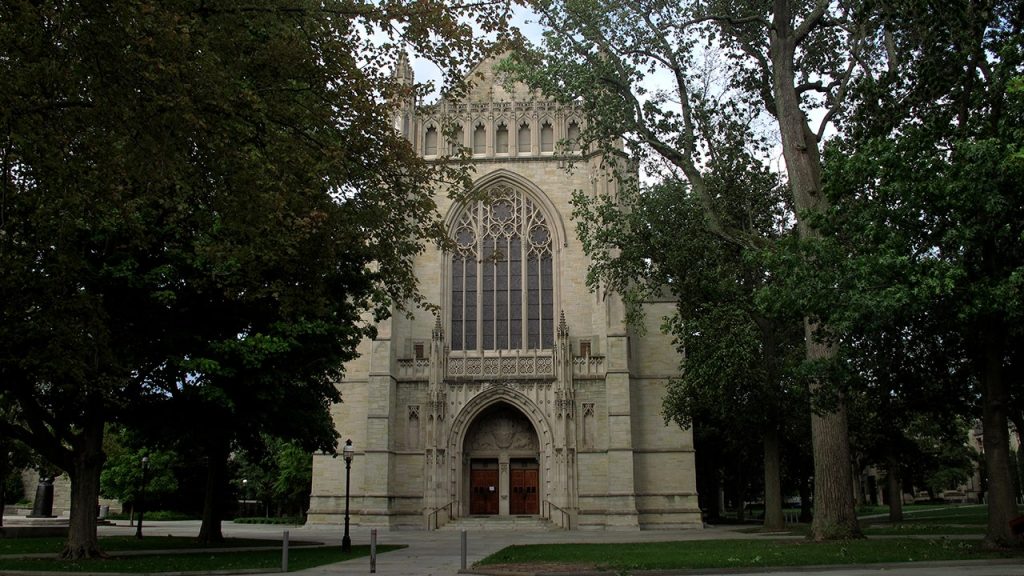Students at Princeton University, protesting Israel’s war with Hamas in Gaza, have ended their hunger strike after 10 days due to health concerns. Princeton Divest Now, the student protest group calling for the university to divest from Israel, stated that additional strikers will be continuing the protest. The group initially demanded a meeting with students to discuss divestment and a boycott of Israel, as well as amnesty for participants of the peaceful sit-in. Faculty members also participated in a 24-hour hunger strike in solidarity with the students.
The decision to end the hunger strike came after the 10 days when the health concerns of the 13 strikers who had fasted were taken into consideration. Following the end of the first wave of the strike, a second wave of strikers began their fast for a free Palestine. The demands set by the protest group included a meeting with students, divestment from Israel, and amnesty for participants in the sit-in. Faculty members also participated in a solidarity fast for 24 hours, emphasizing their support for the Palestinian people in Gaza and the West Bank.
The brevity of the 24-hour hunger strike was met with criticism on social media, with some comparing it to intermittent fasting and poking fun at the short duration. Despite the backlash, the protest group announced plans for their next rally at Princeton University on May 13. The protest has sparked a larger conversation about divestment from Israel and support for the Palestinian people, while also raising concerns about the health and safety of the participants in the hunger strike.
The student protest group’s call for divestment from Israel and support for Palestine has received both support and backlash, with some questioning the effectiveness of the hunger strike as a means of protest. The demands set by the group have sparked conversation on campus and beyond about the humanitarian crisis in Gaza and the conflict between Israel and Hamas. The decision to end the hunger strike after 10 days highlights the physical toll of such protests and the need to balance activism with health and safety considerations.
The protest at Princeton University has brought attention to the ongoing conflict in Gaza and the plight of the Palestinian people, while also raising questions about the role of universities in addressing global political issues. The decision to continue the protest with a second wave of strikers demonstrates the commitment of the students to their cause, despite the challenges they may face. As the conversation around divestment from Israel and support for Palestine continues, the protest at Princeton serves as a reminder of the impact of student activism on campus and in the wider world.


